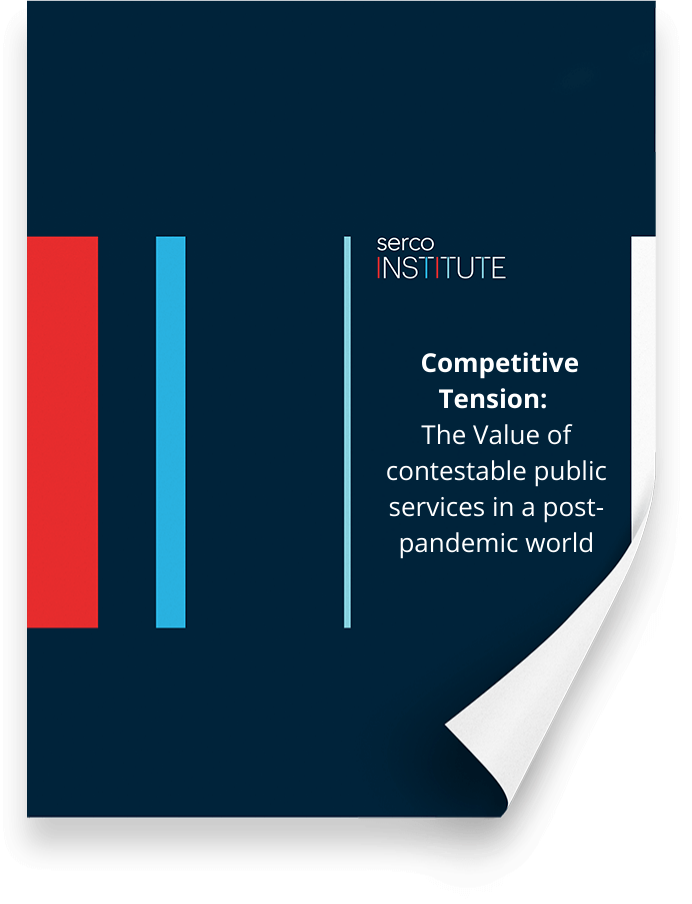
The expert economists at Capital Economics have, working with Serco institute, developed this report outlining the facts about how increased competition and choice can reduce costs, whilst maintaining or improving quality in public services.
This new paper uses international evidence and expertise to understand the differences in performance between the private and public sector in terms of service quality and cost efficiency. The report examines three case study areas primarily focussed on the UK: prison management; hospital facilities management; and air traffic control services. However, its findings are relevant well beyond these three public services.
Extrapolating from these case studies, the report finds that the five to 15 per cent savings that could be made across all UK government services that aren’t currently subject to competition UK taxpayers could save £29 to £86 billion. In fact, even if the UK Government were just to match the share of spending on procurement from business to a similar level as those at the higher end of the OECD scale, such as the Netherlands, they could benefit from savings to the tune of £5 to £15 billion every year.
The evidence also showed that the quality of public services was maintained and - in many cases - improved by the more widespread use of businesses in the design and delivery of public services.
Included in the report’s key conclusions are:
Alongside the report, the Institute also released polling – conducted by Survation – showing the vast majority of the UK public (67%; rising to 77% if you exclude people who said ‘Don’t Know’) believe the Government should work with organisations in the private sector to deliver public services, if it improves the quality of services and reduces costs. A majority of people across the political spectrum were found to hold this view, including 63% of Labour voters (rising to 69% excluding those who responded ‘Don’t Know’).
At a moment when the private sector’s role in partnering with government to deliver public services is under intense scrutiny, this evidence-based report is a timely reminder how cross-sector competition, choice and collaboration can improve public services for citizens and the taxpayer.
Fundamentally this research shows that what is important is not who delivers public services, but what outcomes are achieved for the public.
